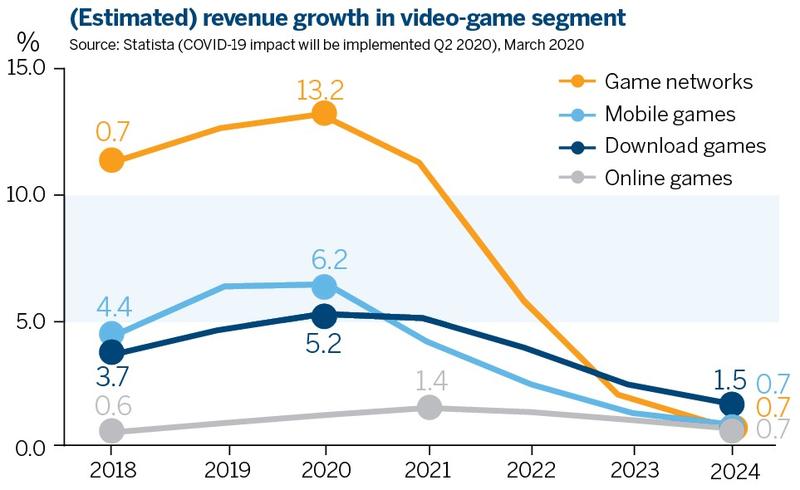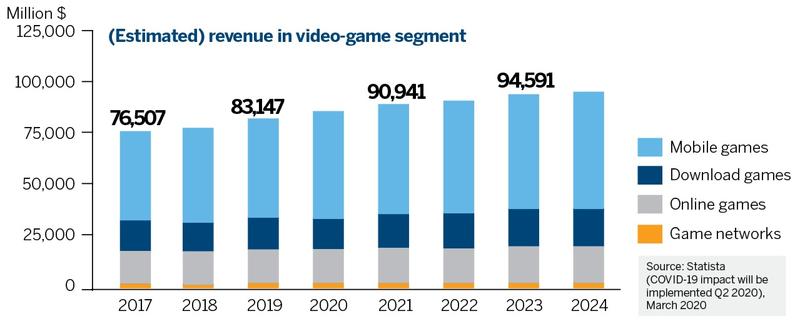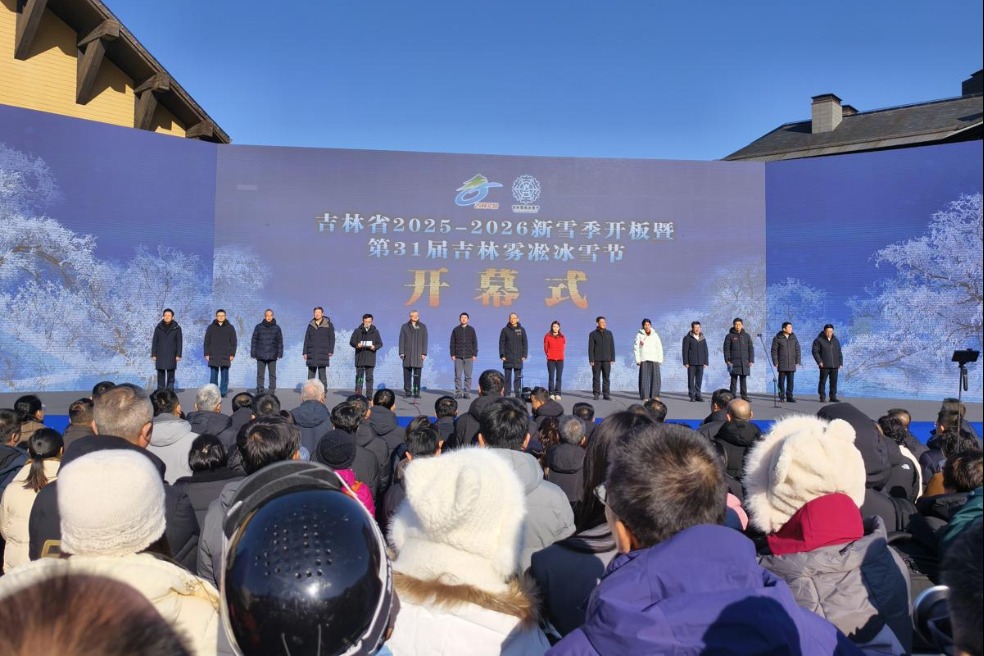COVID-19: Escape to the cyberzone


Game for escape
When reality becomes too stressful, instinct may tell people to escape from it, and video games work wonders, said Tatia Lee Mei-chun, chair professor of psychology at HKU.
Plague Inc, a strategy video game launched in 2012, made a comeback as COVID-19 hit. The game caught on almost overnight. The player chooses a pathogen, and is then challenged to come up with strategies to advance the transmission of the virus. The holy grail is to wipe out humanity.
Part of the reason the game has gone down so well is that it gives gamers an illusion that they can manipulate and control the virus, relieving their fear about the coronavirus in reality, said Hugh Davies, a postdoctoral fellow of design and creative practice at the Royal Melbourne Institute of Technology University.
Some video games let people do things that are otherwise impossible in reality.
Minecraft is an open-world game that is all the rage worldwide. Players need to "mine" resources for all the necessities for a virtual livelihood. The resources are infinite. The game is enormously popular in Hong Kong, where players have set up an online sharing platform called "Minecraft-HK Community", where game devotees bounce ideas off each other.
Its popularity in Hong Kong is no surprise, Davies said. The city's distinctive culture lies in the cage-like living space and great expense needed to furnish an apartment. Minecraft helps people's dreams come true. "In Minecraft, your living space gets expanded virtually, and gets decorated and outfitted without spatial and budgetary confines, about which Hong Kong residents fantasize," Davies said. In the virtual space, you can have a spacious living room and even a huge terrace, where you invite a group of friends for barbecue, drink with abandon because you know you have space big enough to accommodate the drunks who have to sleep over and park their cars.
"What's happening in video games is often larger than life, which is an attractive feature," he said.

Cyberpunk HK
Hong Kong is a presence in video gaming, serving as the locale for more than 180 video games, particularly cyberpunk games, Davies said. Cyberpunk is a subgenre of gaming, as well as science fiction, that features a futuristic and dystopian urban world, where the advanced technologies capable of colonizing one's body and a dark gritty underworld society coexist. "Video games set in Hong Kong are influenced by its films of the 1980s and '90s, which depicted a vision of Hong Kong. It's visually appealing in the West," said Davies, a research fellow with M+ and the Design Trust program, initiated by the West Kowloon Cultural District. He has been researching Hong Kong architecture in video games.
"What makes Hong Kong appeal as a cyberpunk city is its multiculturalism, its unique culture of old and new, its mix of past and present, and its verticality, as Hong Kong is caught between mountains and the sea and everything has to grow straight up," Davies said. However, a lot of cities are coming into light with the same or even more diverse multicultural makeup than Hong Kong, such as Singapore, Shenzhen and cities in South America. "So Hong Kong doesn't really own 'cyberpunk' in the same way as it used to," he said.
The pandemic has unexpectedly provided enormous opportunities for video game developers, said local game developer Ian Kan.
Kan is developing a shooter game, which is fast-paced in an arcade setting. Enemies pop up at random throughout the 360-degree field. The gamer is challenged to shoot to kill as many targets as possible within a time limit. The player can use customization options to modify their guns in accord with how close the enemies are. Shooting games, or "shooters", saturate the mass market, so the game has to be very innovative to impress gamers. So Kan introduced virtual reality (VR) guns to replace the ubiquitous game controller to maximize the game's immersiveness. "A player can hold the gun, feel the gun and sense the vibration when firing," Kan said. He added that the VR headset used in the game is untethered, so the field is not limited, and the agility of motion is unrestricted.
Ian is optimistic that video games will become immersive enough that players can actually feel objects, smell ambient smells and experience touch "within five years". "In an open world game, you will smell the presence and danger of the enemies lurking around, you could smell the cordite from the gunfire, feeling the impact as you punch someone in the face, experiencing pain, while inside a haptic suit. … All these will contribute to a superb immersive gaming experience."
The VR headset will be lighter and untethered to the computer, Kan predicted. "Then gamers will be more satisfied with the overall gaming experience as they can move fluidly, with a greater range and agility of motion."
- World Television Day celebrated with conference in Shanxi
- University launches new AI department to align with national priorities
- Jilin kicks off 2025-26 snow season with grand opening event
- China hails 'hard-won' COP30 Global Mutirao decision
- China-SA science exhibition showcases innovation, cultural exchange
- China opens draft regulations on data protection to public consultation




































